Vincent: Hello Talon Marks listeners, and welcome to our ADHD Awareness Month podcast. My name is Vincent Medina, I am the managing editor at Cerritos College Talon Marks
Lily: And my name is Lily Marmalejo, I’m the news editor at Talon Marks
Vincent: And today we’re going to be discussing ADHD. According to the American Psychiatric Association, attention deficit hyperactivity disorder is defined as a neurological disorder that affects a person’s ability to regulate attention hyperactivity organization short term memory and emotions. It specifically affects the part of the brain called the prefrontal cortex, which houses a person’s executive functions. According to ADDitude mag, ADHD brains also have lower levels of the neurotransmitter called norepinephrine, and lower levels of dopamine would control the brain’s reward and pleasure centers. While many people have trouble focusing or sitting still for a long time. These symptoms significantly impair the day-to-day life of someone with ADHD.
Vincent: So Lily, what were some of the signs and symptoms that indicated that you had ADHD when you were little, when you were younger?
Lily: Okay, so when I was little, I was a very, very hyperactive kid. And my mom thought there was something wrong with me just because of how active I was and how I was constantly doing something. And I wouldn’t finish the test that I was doing, like I would get up. I would maybe walk into a room I start playing with a puzzle. And then I would like, hear something in the background and get completely distracted by what I was doing, and like go get up and like, start looking for whatever made the sound. Then I’d maybe find like a different toy that I wanted to play with, and then I’d start playing with toys. And I was just doing, stuff like that, all the time. And I started like shoving that at school too, because I would do that with homework. And it wasn’t until middle school where one of my teachers commented something like made a comment to me, and then told me that I should probably talk to my parents and I did. And then that’s when I got diagnosed.
Vincent: And in middle school, he said How does teacher approach you and in tell you that she thought you might have it?
Lily: Well I had already been in this class a couple of months and I want it was probably like second semester. And I would normally get to this class pretty early because it was right across the hall from my other class. And before the rest of the students came in, she pulled me aside and she like spoke to me for like three minutes. And it was like a very comfortable and casual conversation. Because like this class is homework study class. I just, like just a class to like help kids catch up on their homework if they have like, a busy schedule or like a lot of extracurriculars. And she told me that the reason why I probably ended up in this class was because I had undiagnosed ADHD.
Vincent: You said your parents had first noticed that when you were younger, that you were really hyperactive and you weren’t diagnosed when you were in kindergarten or at a younger age?
Lily: No I was taken to the doctor when I was younger. But the doctor had told my parents that like, I was just being a little kid, and kids are supposed to be hyperactive, they’re supposed to be bouncing off the walls. I might just have a little bit more energy than most kids my age but that it was not a big deal and nothing to worry about and I would eventually grow out of it.
Vincent: Oh, wow. That’s exactly, that’s exactly what happened with me actually. My parents, it’s the same. It’s the same thing. It’s amazing how many of these stories we have in common. I talked to other people who’ve been diagnosed with ADHD and it’s the same deal. People notice at an early age and then it’s quickly dismissed because it can easily be when you’re a kid and kindergarten, it can be brushed off as ‘Oh, they just have a lot of energy.’ But as you get older, it starts to become more, people start thinking about it as ADHD, people are recognizing it. And that’s what happened with me. It was noticed at a young age and by my parents, by my kindergarten teacher, my parents brought me to my pediatrician actually, instead of a psychologist or therapist. And, and so um there’s a lot of misconception about ADHD and like, ‘oh, they can’t focus so they probably don’t have good grades’ and that’s what my pediatrician thought too at the time. So she asked my parents ‘how were his grades?’ like ‘oh, Vincent’s grades are excellent.’ ‘Okay, then he fine. Oh grew out of it. Kids are hyperactive.’ And then 14 years later, nothing’s changed and still the same. And one of my co-workers asked me, because she observed my behavior, And she asked me in front of all my other co workers. ‘Hey, Vincent, Do you have ADHD?’ It was so embarrassing. And so I went home and I started doing a lot more research and I found that I really related to, the I read up on it, the more I found that related to the symptoms and the other people who have been diagnosed and so what I made an appointment with a psychologist and I was be diagnosed.
Vincent: How did, when the psychologist first told you you had ADHD, What’s your first initial- What was your first thought after you were diagnosed? Your first feeling?
Lily: I was like, that makes sense. I was like yeah, right? Yeah. That makes a lot of sense. Because I started like, looking into it and then like, researching it, and then like remembering things that like classmates or like even teachers would tell me when I was younger, or just like stuff like adults around me would tell me because they would be like ‘You’re always getting yourself into trouble.’ Like they never focus on anything. Like ‘You can’t just do one thing. You have to be doing everything all at once.’ Or like ‘You’re all over the place.’ And I’d be like, ‘Yeah, but it’s just how my brain works is not that craziest, not that big of a deal.’ But like, it kind of was it was weird when I faced that diagnosis. And like I was told, this is what you have. That’s why you do this.
Lily: How was it for you?
Vincent: It was the same way. It was like I had finally had all the pieces of the puzzle that was my life. Like everything started coming together just like, ‘oh is that’s what why-‘ like putting all the pieces together of why I am the way I am.
Vincent: And who’s the first person you told? I mean, I take it that your mother was there when you were diagnosed but outside your family, I guess, who was the first person that you told?
Lily: I told my best friend. And she was like, ‘me too.’ Anyway, she’s like a weird bonding moment but it was really funny.
Vincent: She had ADHD too?
Lily: Yeah.
Vincent: She never told you that?
Lily: Oh, she did. She told me once because she got diagnosed like maybe before I did. But it was like one of those things where like, I wouldn’t really say anything because, like, somebody is diagnosed with that, you don’t want to say anything about that. Because like, what if they’re not comfortable talking about that? And then when I found out I like told her because like she’s already known about it for a while. But there was like ‘dude guess what like, I have ADHD, too’ and she thought it was really funny because she had told me in the past that like I probably had it. I was like, nah.
Vincent: And you guys were able to talk about managing it and stuff?
Lily: We talked about it for like a really long time. And then she kind of told me some of the stuff that she does. And I without realizing it, I noticed that like we had like similar already coping mechanisms for it. Which is why I think we got along so like we’re still friends to this day.
Vincent: For some of us medication does work. And for me, it’s made a huge difference.
Lily: I choose not to. I just don’t like them or the way they make me feel. Yes, my life is a little bit more chaotic without them. But there’s other ways that I found that like helped me manage and like keep myself organized and like cope with it. And I find myself like a lot happier when I do- when I like live my life that way instead of medication. But I don’t know, medication does work for some people. I’m just like one of those people that are don’t, I don’t know.
Vincent: And it’s important to acknowledge that there are some people who choose not to use medication and that is 100% fine, you know, whatever works for them. What are some of the, I guess you call organic ways you found to to cope to manage ADHD?
Lily: Well, I noticed that like I stress a lot, and like I get a lot of anxiety and it might not even be like ADHD. There might just be like normal stressors or normal things from my day to day stuff that everybody deals with. But I drink a lot of tea. And I make sure that I kind of plan out how much time I’m going to spend doing things and just like give myself like moments in between, to like de-stressed if I want to de-stress. And not put out so many distractions like out in my general area. When I want to focus or like put myself in like a quiet area where I will not get distracted.
Vincent: That makes that make sense. Yeah, eliminating- taking things away that you know you’re going to get distracted by. I’ve been- I need to try and do the same thing you know. As journalists, we are supposed to have our phones on us. And with that comes its own set of like ‘Oh, who just posted’ and stuff.
Lily: I know. When I have a big test or something like I’ll literally put my phone inside of this timer lockboxes. So that like I’m forced to study for a certain period of time because I can’t access my phone.
Vincent: Now all that smart, you know. With our- the thing with executive function, or executive function disorder, is that we tend to do the stuff with the less steps. So if you put your phone, or if you put these like distractions somewhere where they like, take a lot of steps to get to, or like even some effort to get to it. You’re just gonna be like, ‘I’ll do it later.’
Lily: That’s exactly what happened, because it’s like there’s like a whole- Like I know exactly how to take my phone out of the little lockbox thing. But it’s, there’s so many steps to do that before the timer goes off, but I just won’t do it. Like I’ll just leave it there. Like sometimes it’s like if I go through all those steps, the timer will go off before I complete all this stuff. So it’s like there’s no point. So just leave my phone there and then I go study and then it’s like, I get to work, In the moment. I’m like I hate it, but it works to get the job done. And then I get a good grade and it’s like it’s okay like also keeps me organized. Because it helps keep me stay on a schedule.
Vincent: Oh yeah, routines. are really important for us to follow and it helps us to break bad habits and stuff.
Lily: But I notice that like helps me, personally, is that if I have like a routine that’s like the exact same every single day, I’ll start to, like not follow it. So I really like every day I try to switch up my routine a little bit. Like if I’m going to work out in the morning, one day the next day I’ll try to work out in the afternoon or at night, just so that it’s not the exact same thing every single day. Because when it is my mind will start to wander.
Vincent: Thank you so much for being willing to talk about this. I know it wasn’t easy, but it’s better to bring awareness to this, to ADHD, so that people out there can get diagnosed if they haven’t been already and to de-stigmatize ADHD so that more people are willing to talk about it and to be comfortable with who they are.
Lily: Great. I couldn’t agree more.
Vincent: Right. So, all right. Thank you to all of our listeners for taking a moment to listen. Listen to our podcast. Talk to you guys. Later.
Lily: Goodbye. Thank you for having me.

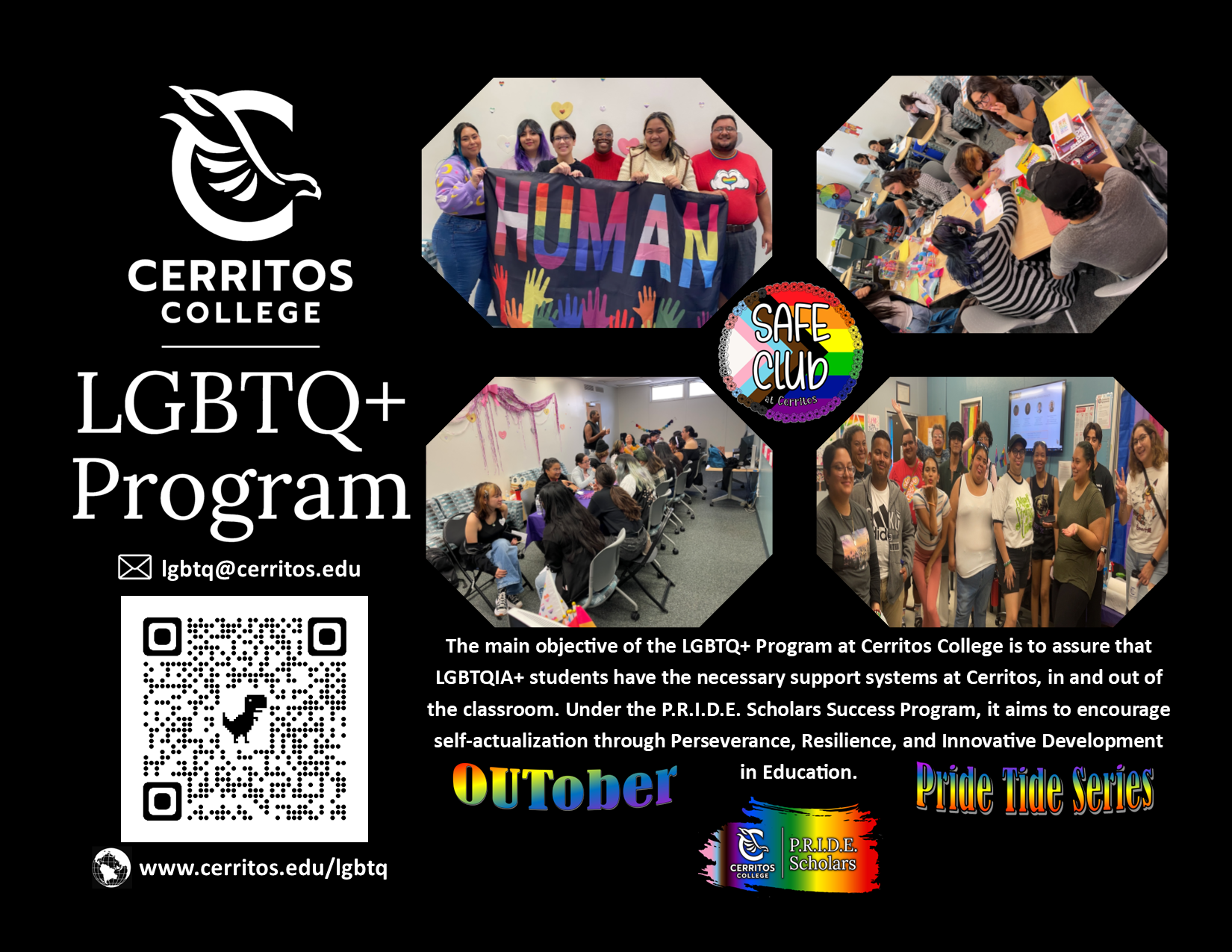





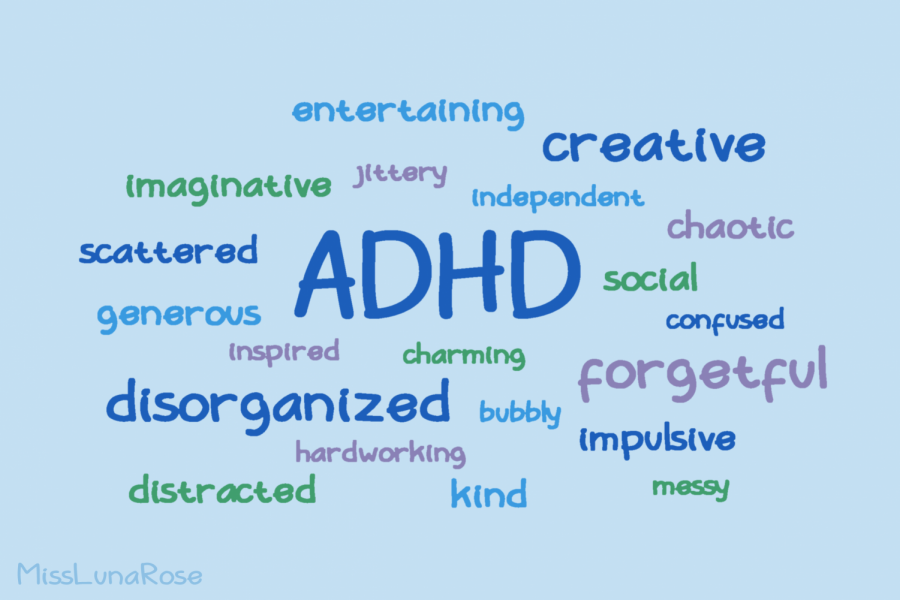
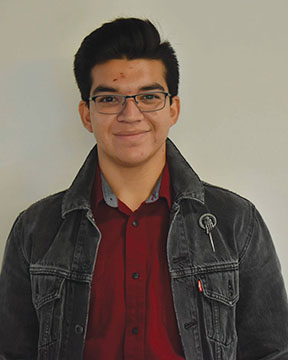
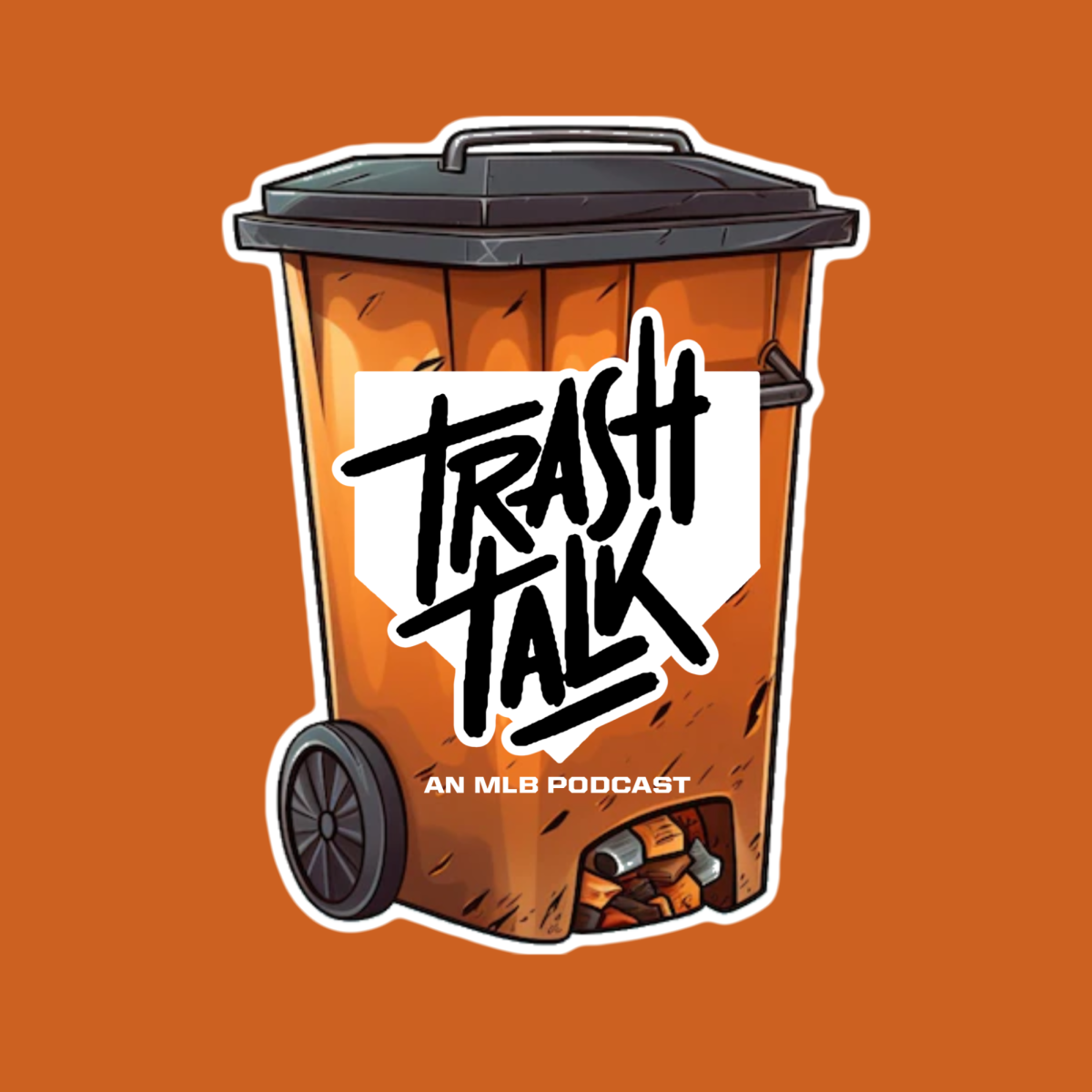

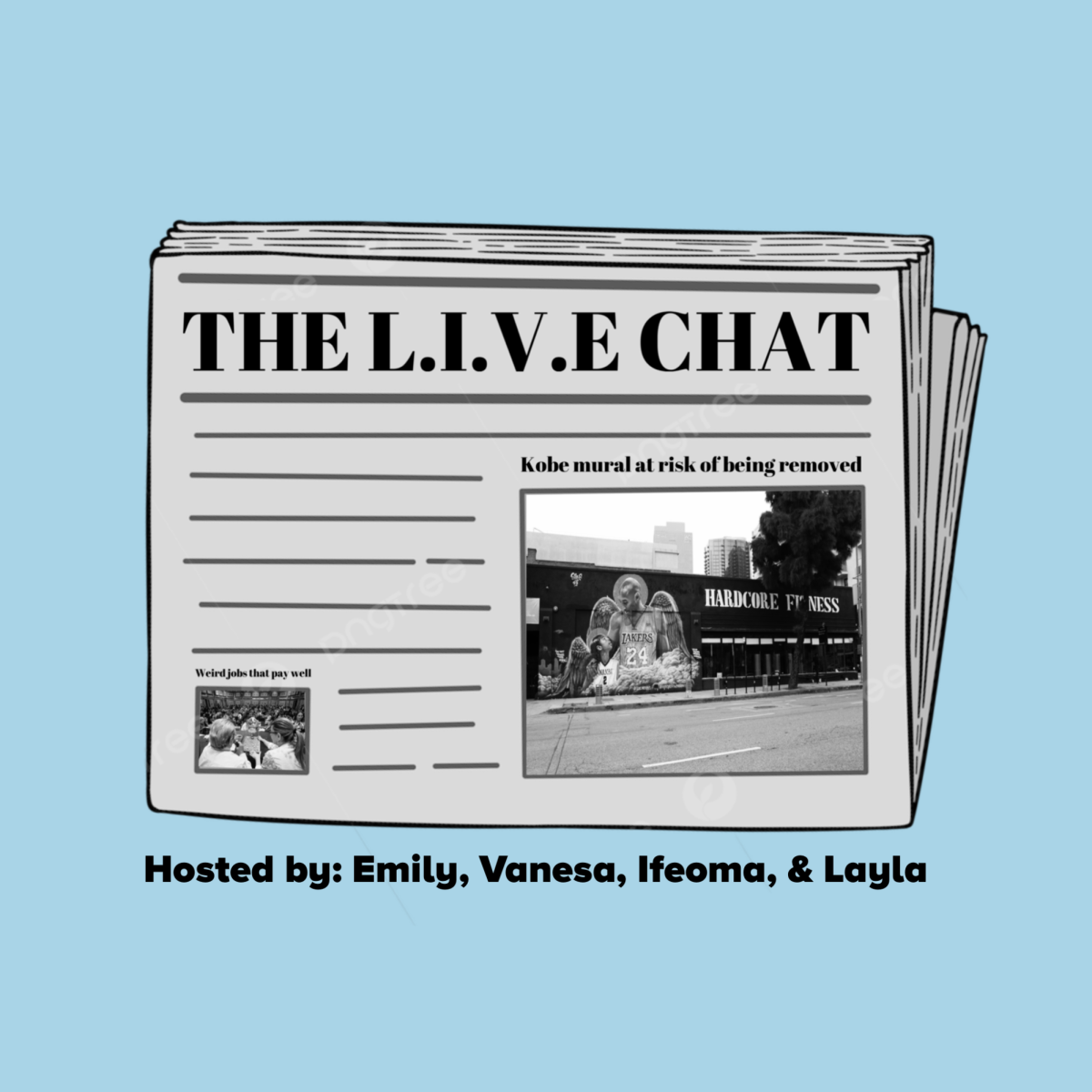
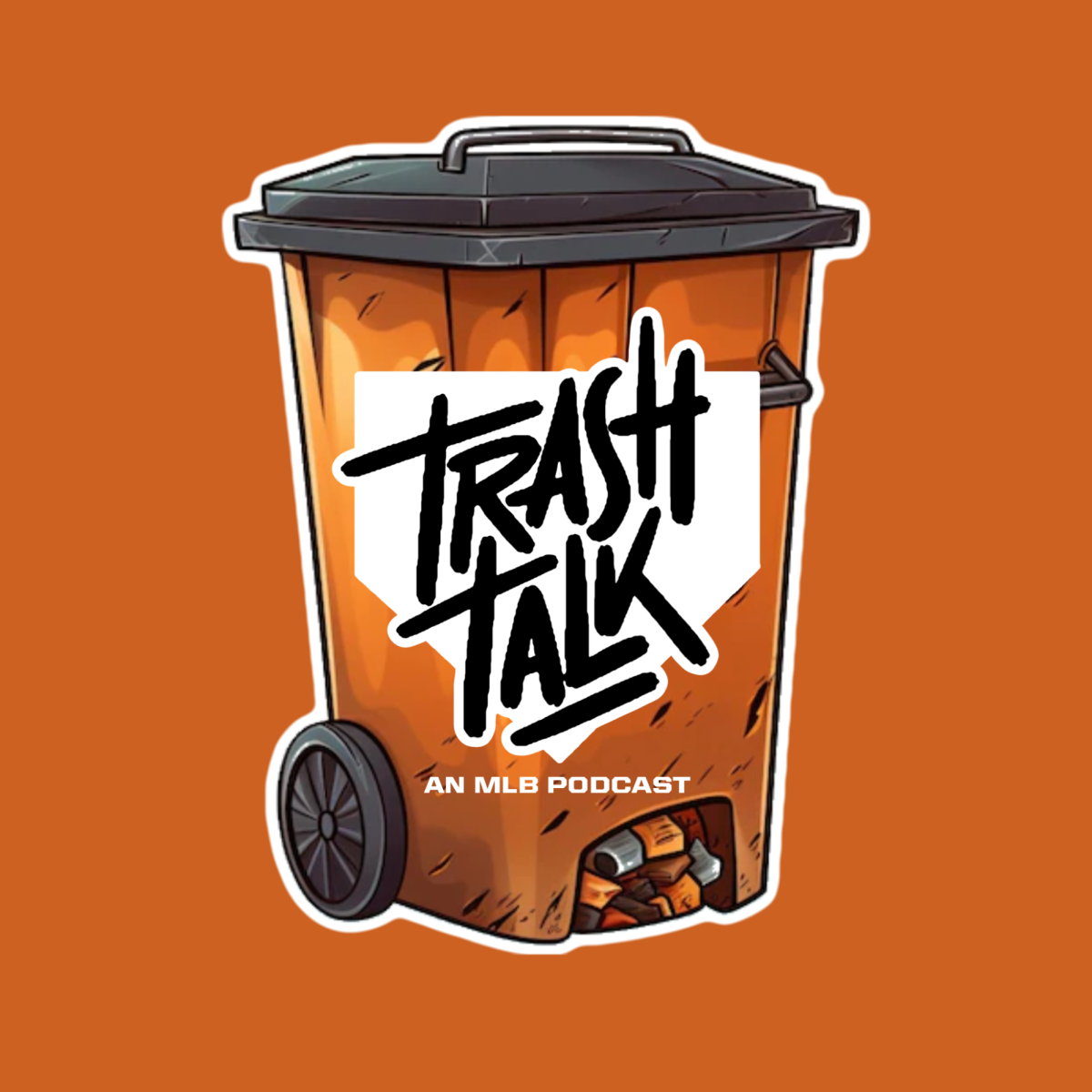
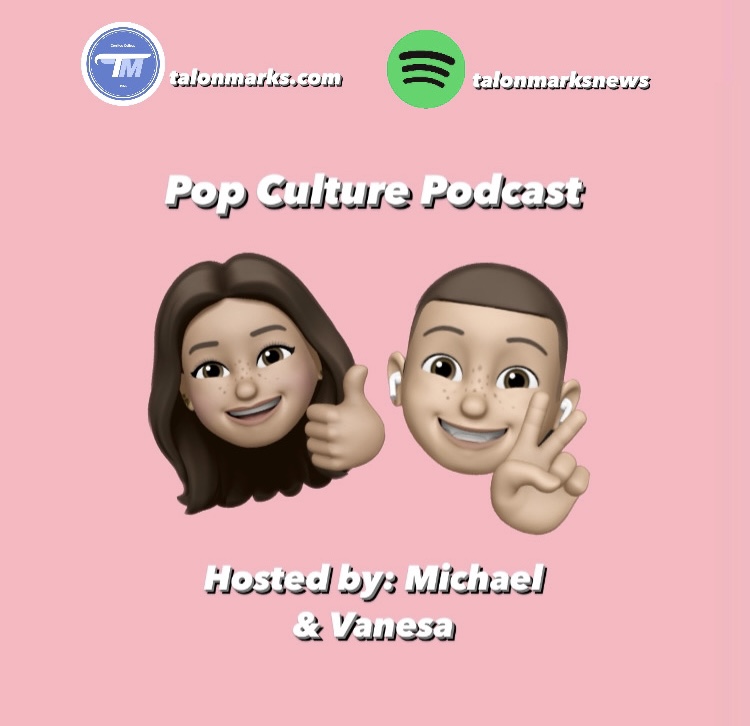
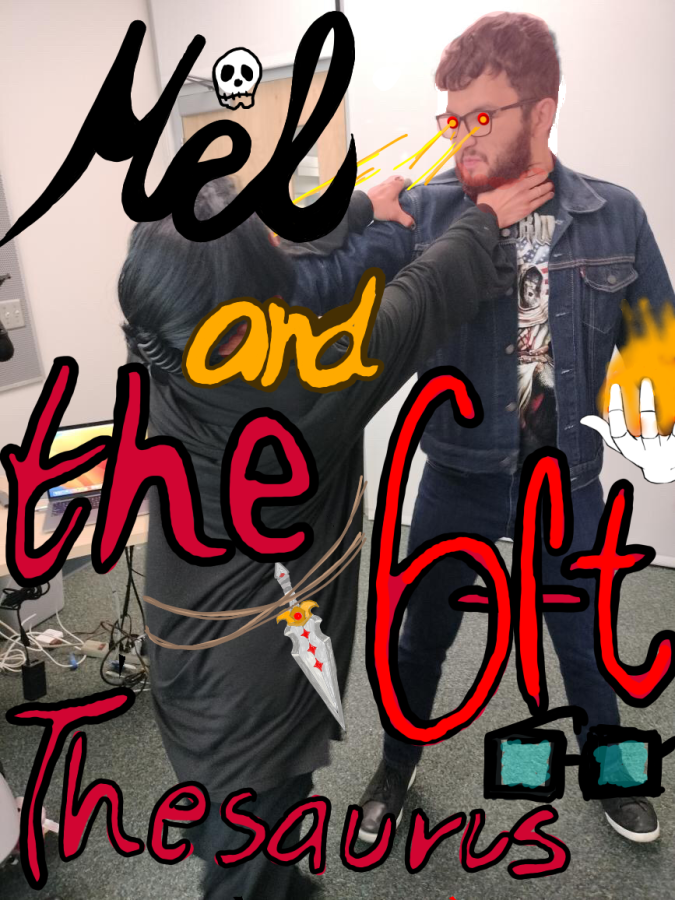



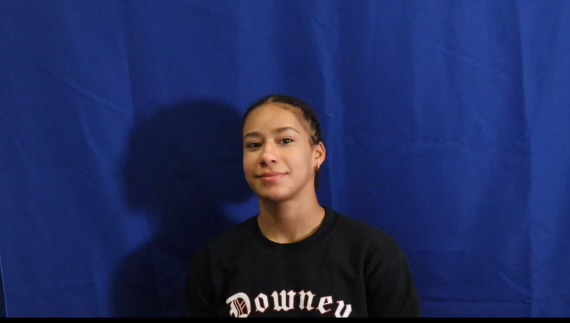
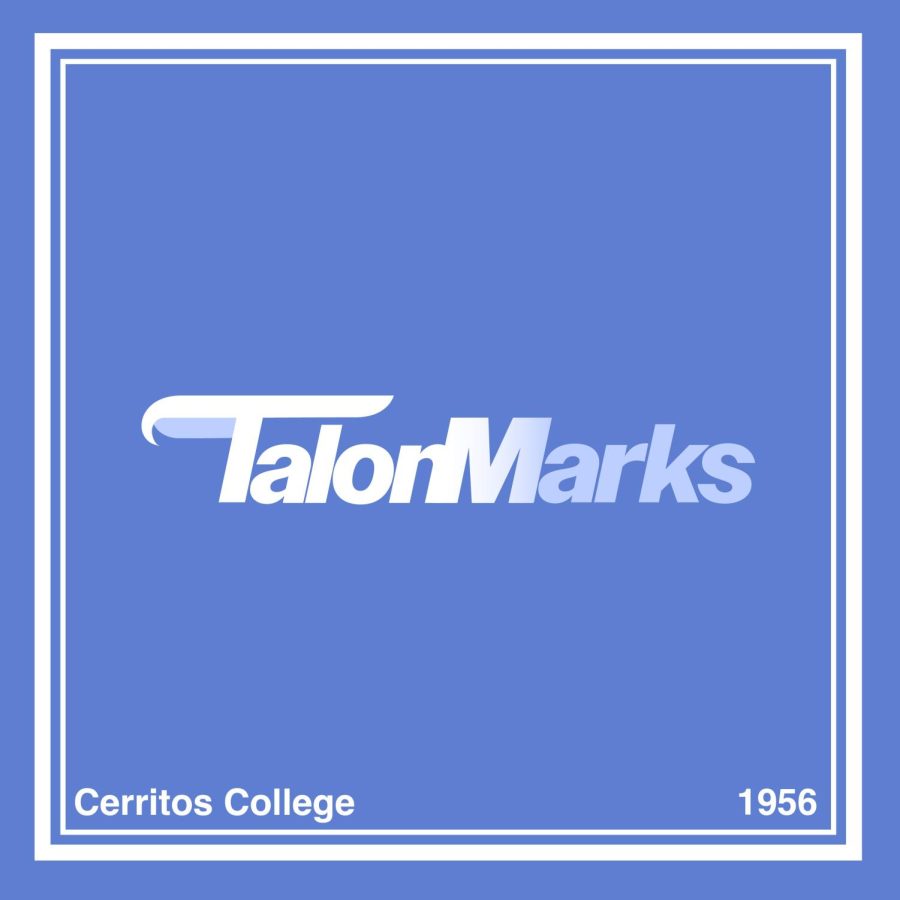
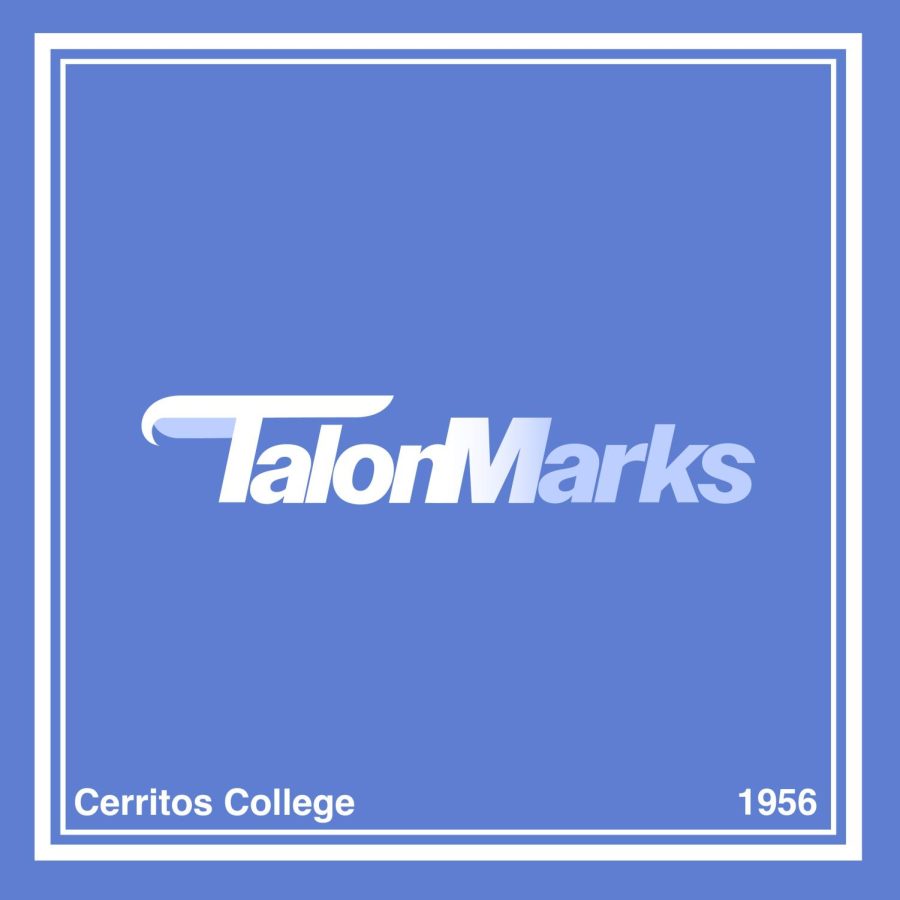
Samantha E. • Nov 3, 2021 at 5:44 pm
Vincent, thank you for talking about ADHD and having Lily share her experiences as well. I started Cerritos in Fall 2020, where I took note of the material just not sticking, and I would get easily distracted. I began struggling with my assignments which caused me to reflect on my academic history from my younger years. I started looking into neurodivergent disorders since so many things came to light with being home for so long during the pandemic. My life just made sense after doing more research on ADD/ADHD that I broke down crying. I still get emotional about it (as I am writing this comment now) because I haven’t received a diagnosis & I feel bad talking about it, putting what some would say a ‘label’ as such on myself when I don’t have that clinical proof. Nothing has ever made more sense to me or brought a better explanation for my success and failures throughout my life. All my interests, my ideas, the emotional regulation, everything! After watching videos on experiences and hearing others share their practices to manage their ADHD, it made the most sense, made me feel like I wasn’t alone, and pushed me to seek a diagnosis. Thank you both again for being open to sharing your experience. I’d love to hear another talk on ADD/ADHD and the stigma between genders
as we mature.